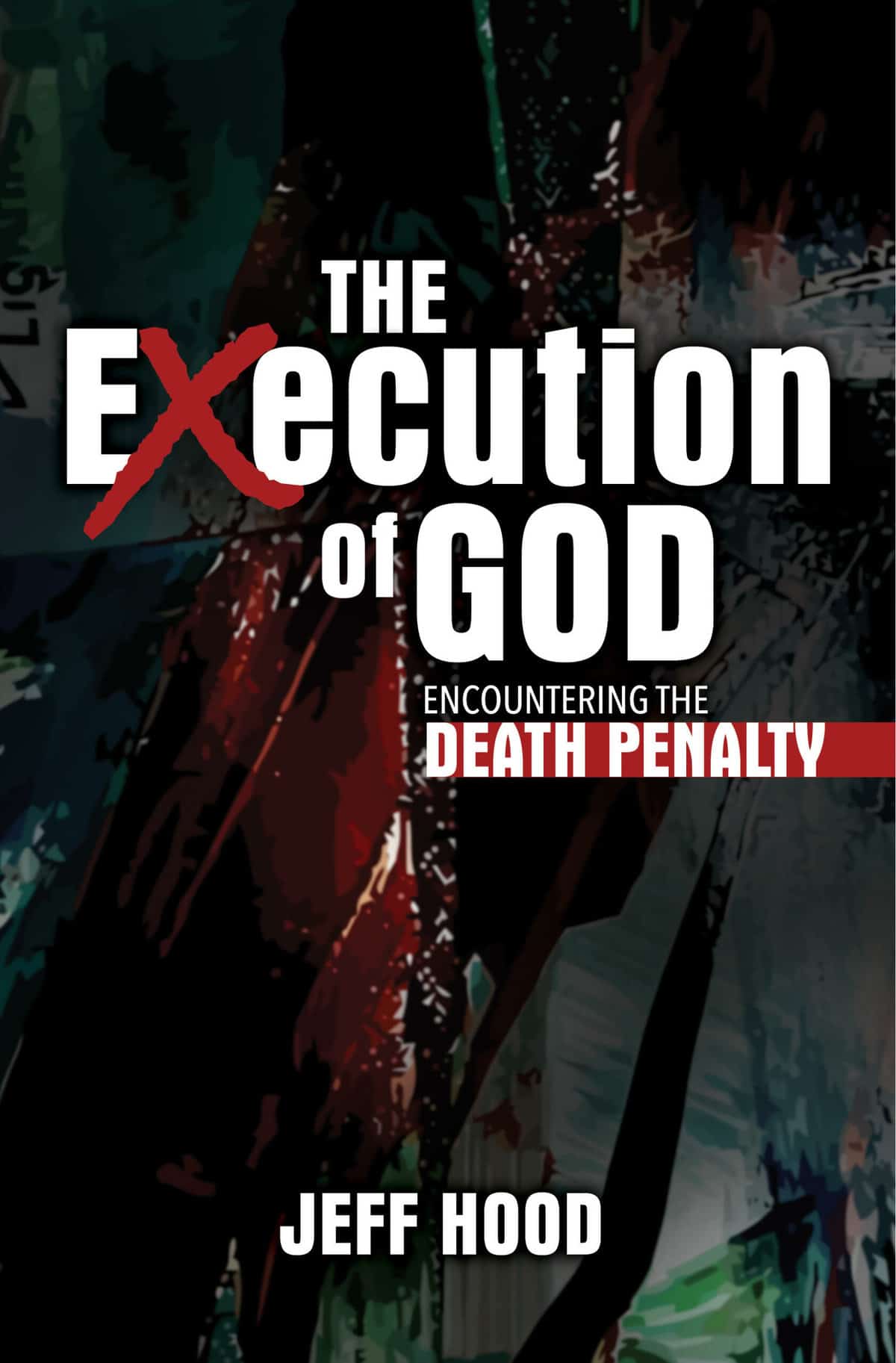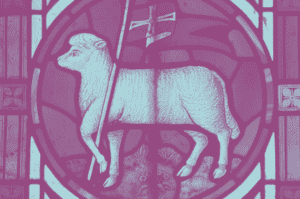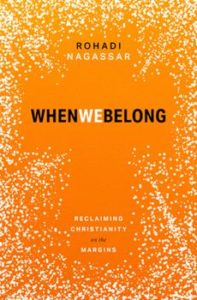
God has countless names. Not long after “the shirt” arrived, I dropped by my grandparents’ house. Emblazoned in white letters across the front of the blue fabric was the cry, “I am Troy Davis.”
Many decades prior, in a racially charged trial with a whole host of problematic evidence, Davis was convicted of killing Officer Mark Allen MacPhail in Savannah, Georgia. As the time of Davis’ execution drew closer, I felt more and more drawn to the case. On that day, I walked in the front door. Even though my grandparents were prejudiced against a whole host of people in a variety of ways, I didn’t think anything of wearing the shirt in their presence. Not long after I entered, my grandmother screamed out, “Oh, my God!” Feeling like a fit of rage was next, I froze. Though I felt like I already knew the answer, I asked, “What is it?” With tears in her eyes, my grandmother said, “Troy Davis is the name of my brother who was paralyzed in the war.” Even though she knew my shirt had nothing to do with her brother, the slogan “I am Troy Davis” touched her core. When I told her what the shirt was really about, she instructed me not to tell my grandfather. I didn’t. When I was about to leave, my grandmother looked me in the eyes and said, “We all have a little God in us… Perhaps we all have a little Troy Davis in us too.” Could the God in a white Troy Davis and the God in a black Troy Davis be the same God who is the God in us all?
In the midst of the juxtaposition between black and white in my community, everyone I knew supported executions. In fact, I think most of the people wanted them to happen more often. This is also an accurate description of my family. We loved Jesus and, therefore, we thought we needed blood. I guess the death penalty turns us all into vampires—or maybe it’s Christianity that actually does that, with its sermons and songs about the blood of Jesus.
The execution was close. Christians were the biggest proponents for killing Troy Davis. I couldn’t figure out why. Regardless, I placed a tremendous amount of trust in one Christian in particular. An attorney from our community sat on the Board of Pardons and Paroles. While all the other folks on the Board very well could’ve been the Christians they claimed to be, I knew for a fact that at least one member was. For many years, I’d seen his fruit with my own eyes. Through it all, I kept telling myself that I didn’t have anything to worry about. I didn’t trust all those other cats. But I trusted this attorney. In the midst of crisis, we should expect God to show up in Christians. Our expectations are often executed. I’ll never forget that night. Darkness closed in. Death was the only God.
We loved Jesus and, therefore, we thought we needed blood.
Georgia is a mysterious place. Evil rises and falls like the morning dew. You can’t really catch it. Before you know it, it’s gone. If you can’t catch it, it’s not real to the average viewer. Public officials in Georgia have a way of calling themselves Christians and avoiding the dawn. For, if they rise too early, evil might be seen for what it is.
No one woke up early that day. Public officials talked about God and rushed toward killing. Evil was all around.
I’d never been to an execution before. The drive was dark and ominous. Desperate for updates, I left the radio on. Over and over, I prayed for God to move. I couldn’t figure out what was happening. Fear was closer than God ever was. Somewhere in there, I heard that the Board of Pardons and Paroles denied clemency for Troy Davis. The attorney, I knew, wouldn’t stop there. Christians don’t stop. I pulled the car up as the sun was setting. I parked across from a gas station with a burger joint in it. Looking out the windows, the people stuffing their faces with meat didn’t seem to notice the crowd gathering. I kept pushing toward the prison.
Light remained longer than I thought it would. It was as if the sun refused to move. Looking up, I felt like the very cosmos was trying to expose what was going on. I didn’t get any further than Highway 36. Hundreds of law enforcement officers met me there. I’d never seen so many batons and shields. Slap after slap to their shin guards warned the gathered demonstrators that violence was there for whoever wanted it. Multiple people took them up on the offer. I just prayed. More law enforcement in riot gear showed up. I thought they were coming across the street. No one did. I figured the attorney I knew was doing all that he could. Holding a sign that read “The World is Watching,” I stepped out into the street as far as I could.
In the midst of the chaos, an old man driving a tan van purposefully turned into the crowd. After he struck me with his side mirror, he had the nerve to get out and say that I was trying to destroy his car. The wild scene morphed into pandemonium when word reached us that Troy Davis had been granted a brief stay from the United States Supreme Court. It felt like a resurrection. Maybe God wasn’t so absent after all. Between the attorney I knew and the Supreme Court, I knew we had this. I knew God was working. I was wrong.
I knew we had this. I knew God was working. I was wrong.
Joy quickly turned into mourning. We knew a murder was about to take place. Darkness descended on my heart. My psyche grew foggy. The United States Supreme Court dropped the stay and allowed the execution to proceed. We’d all failed. While murders happen all the time, tremendous numbers of people were watching this time. The various lights of the protests filled the night. I tried to convince my brain that these lights represented a divine light. My heart knew better. Divinity was gone. I put down my “The World is Watching” sign. I couldn’t lie anymore. The world didn’t care about the killing of Troy Davis. If the world cared at all, they would’ve stopped it.
A woman shrieked at the top of her lungs, “They killed an innocent man!” Feeling like I’d lost control of my body, I crumpled over. I had to get back to the car. Struggling to be the pastor I was trained to be, I stopped beside a crying young woman and reminded her that God was with her. Looking up at me with tears flowing, she managed, “God was just executed… Move.”
Jeff Hood is a Baptist pastor, theologian, and activist living and working in Texas. He is the author of 17 previous books, and his work has appeared extensively in the media, including the Washington Post, TIME, Dallas Morning News, Huffington Post, Fort Worth Star Telegram, Atlanta Journal Constitution, Los Angeles Times, WIRED, and on ABC, NBC, CBS, CNN, MSNBC, Fox News, and NPR among a host of other outlets. You can read more of Jeff’s work on his website. This excerpt taken from The Execution of God: Encountering the Death Penalty Copyright @2017 Jeff Hood, Chalice Press. All rights reserved.


